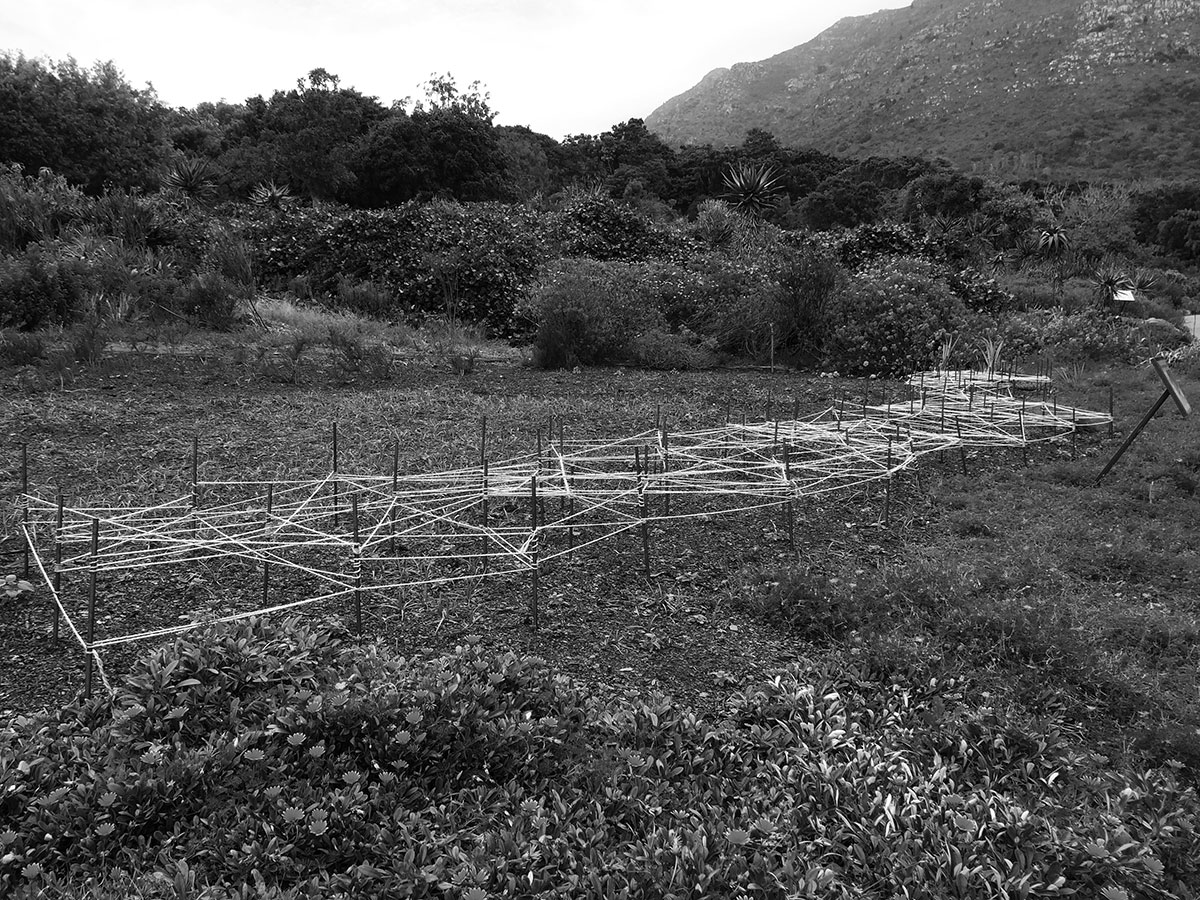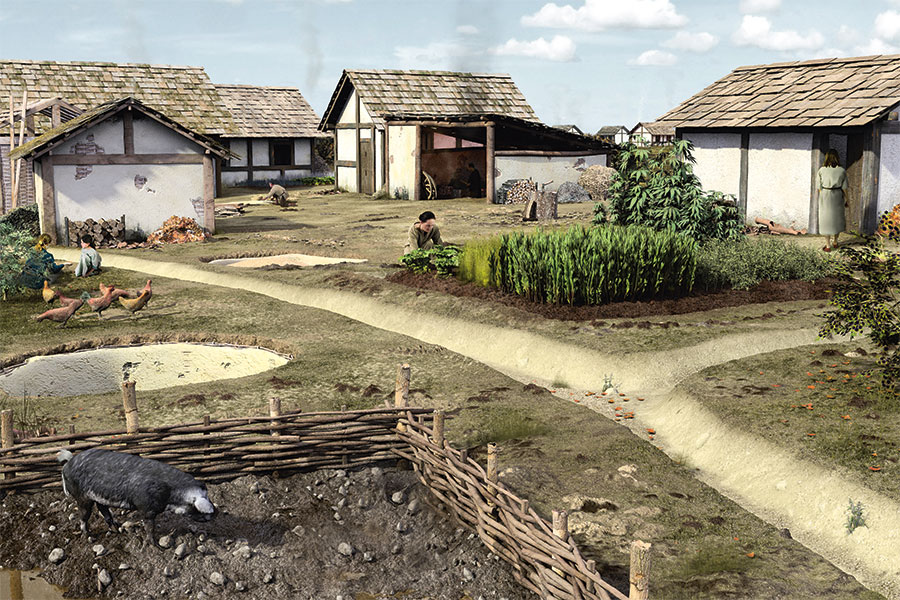Image and freedom
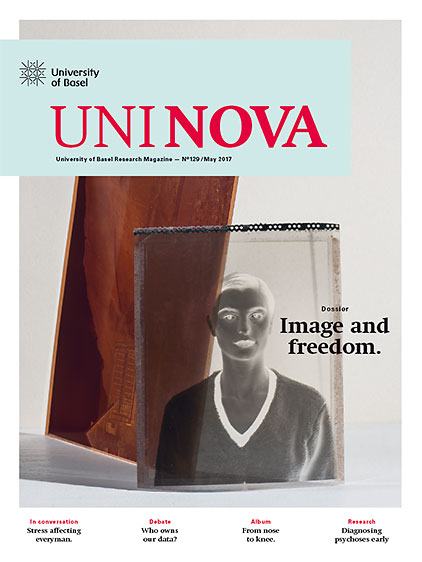 Download (PDF, 11 MB)
Download (PDF, 11 MB)
The freedom of images never ceases to be a point of contention. Again and again, political and social disputes are conducted through images – as are many violent conflicts.
What we have seen can leave a deep impression on our consciousness, both personal and collective. And because images emanate a powerful force, they are themselves at risk. On the other hand, images can also embody a piece of freedom, depicting things that do not exist.
On an academic level, a thematic focus of the University of Basel revolves around the power and meaning of images. Accordingly, UNI NOVA introduces a number of projects on the topic of “image and freedom”.
-
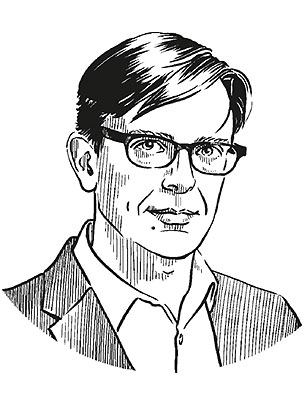 Dossier
DossierPerceiving the world
Text: Ralph Ubl / There are images of freedom that we create for ourselves, as well as the freedom that we gain through images. This overview of the topic draws on image theory and thoughts on current affairs.
-
 Dossier
DossierArt and material culture
Text: Isabel Zürcher / Paul Klee and the New Typography: At first glance, you might not link the visual poet with the aesthetics of modern printed materials. Now, two research projects are revealing their commonalities: the emerging standardization of text and image formats, and the organization of work.
-
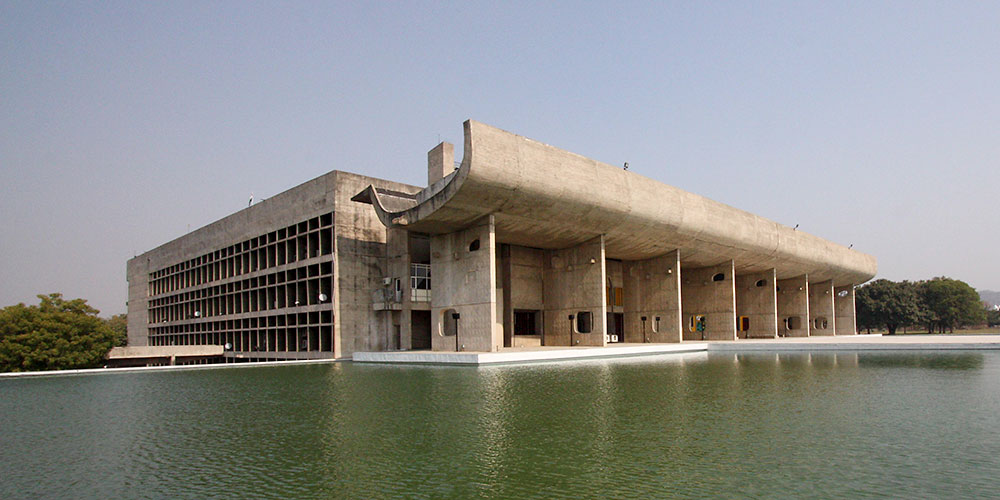 Dossier
DossierThe shape of freedom
Text: Simon Koenig / After independence, former colonies saw architecture as a way of remodeling their appearance. Often they chose the modernist style, which was, however, adapted in all sorts of ways. This is illustrated by a project focusing on India.
-
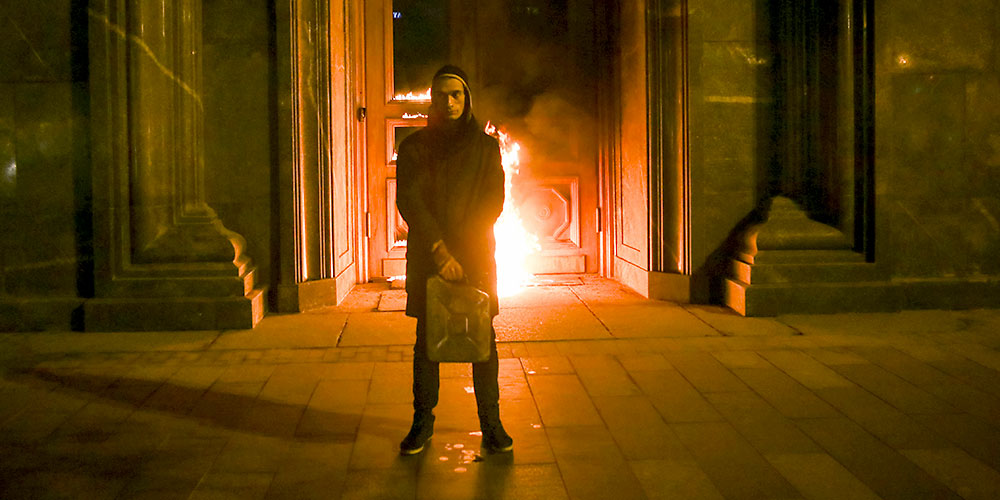 Dossier
DossierVisible body, invisible power
Text: Gerald Wildgruber / Russian artist Pyotr Pavlensky openly declares that his work is intended to be political. In his startling performances, he uses his body in extreme ways.
-
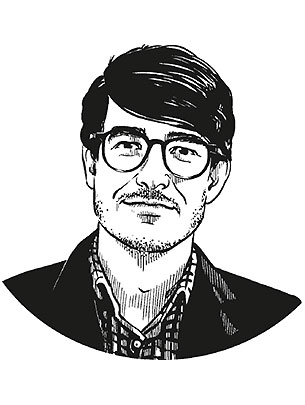 Dossier
DossierThe model-like nature of images
Text: Karen N. Gerig / When we look at an image, we are influenced by what we already know. Art theorist Markus Klammer investigates how images work, and the role that models play in this process.
-
Dossier
Photography: artistic creation or reflection of nature ?
Text: Christoph Dieffenbacher / Several Basel research projects are using photography as a lens through which to study the mass production of images and their impact. For many, the 19th-century medium still does not count as an art form.
-
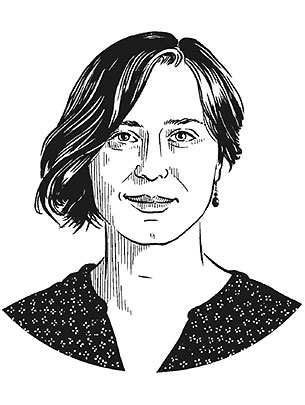 Dossier
DossierPeople and animals
Text: Karen N. Gerig / Friederike Zenker is investigating how images influence our relationships with animals, how they change our thinking and actions with regard to animal ethics. She also takes a personal interest in the role images play in the fight for animal rights.
-
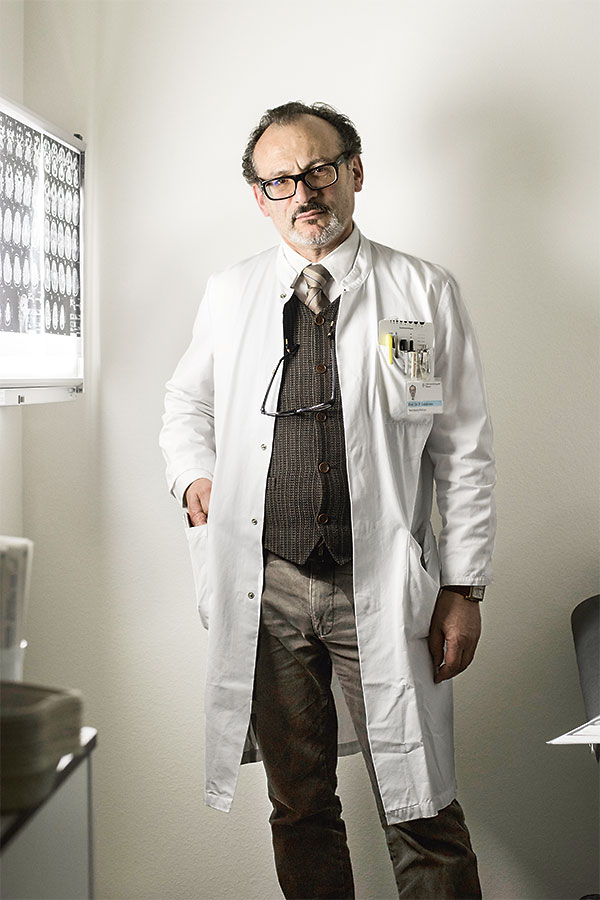 In conversation
In conversation“Stress is a public health problem”
Interview: Christoph Dieffenbacher / Neuroscientist Pasquale Calabrese discusses a widespread health problem, its physical and psychological aspects, and how people assess threats differently.
-
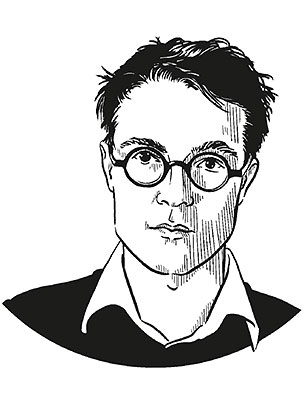 Opinion
OpinionAgainst dichotomy
Text: Markus Krajewski / If a university should stand for anything, it is the ability to master complicated subject matter. A short paean to complexity.
-
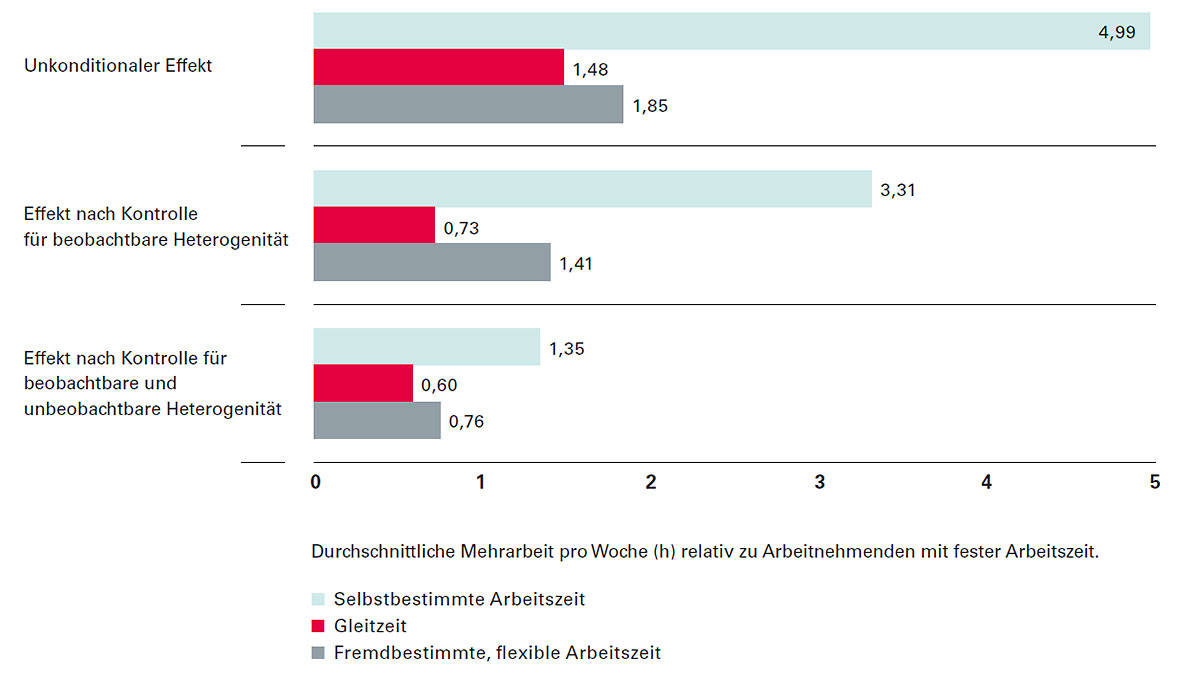 Research
ResearchWorking hours: autonomous workers are more productive
Text: Olivia Poisson / When the cat’s away, the mice will play – or so the saying goes. Despite the trend toward flexible working time, such as working from home and trust-based working time, these models are still the subject of concern at the management level. The economist Michael Beckmann challenges the idea that a lack of monitoring leads to idle employees.
-
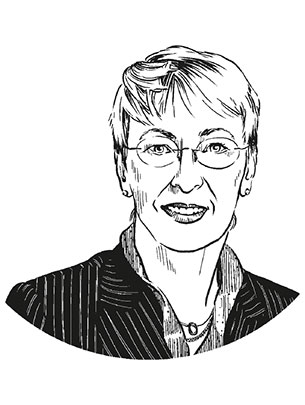 Research
ResearchImproving early detection of psychosis
Text: Yvonne Vahlensieck / A team at the Psychiatric Hospital of the University of Basel is developing new methods for early detection of psychosis. Timely treatment can have a decisive beneficial effect on the course of the illness.
-
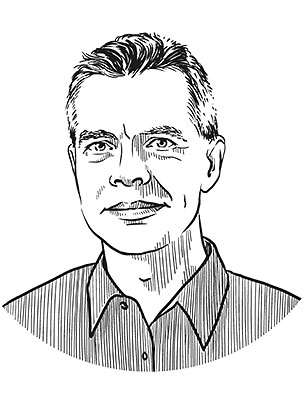 Opinion
OpinionWho owns our data?, Christian Tschudin?
Text: Christian Tschudin / We disclose data about ourselves on the internet all the time, without realizing it. A computer scientist and a lawyer show that research into safeguarding privacy can go hand in hand with asserting a right to privacy.
-
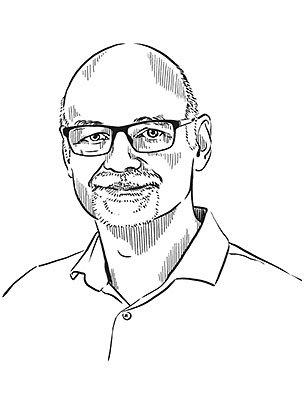 Opinion
OpinionWho owns our data?, Beat Rudin?
Text: Beat Rudin / We disclose data about ourselves on the internet all the time, without realizing it. A computer scientist and a lawyer show that research into safeguarding privacy can go hand in hand with asserting a right to privacy.
-
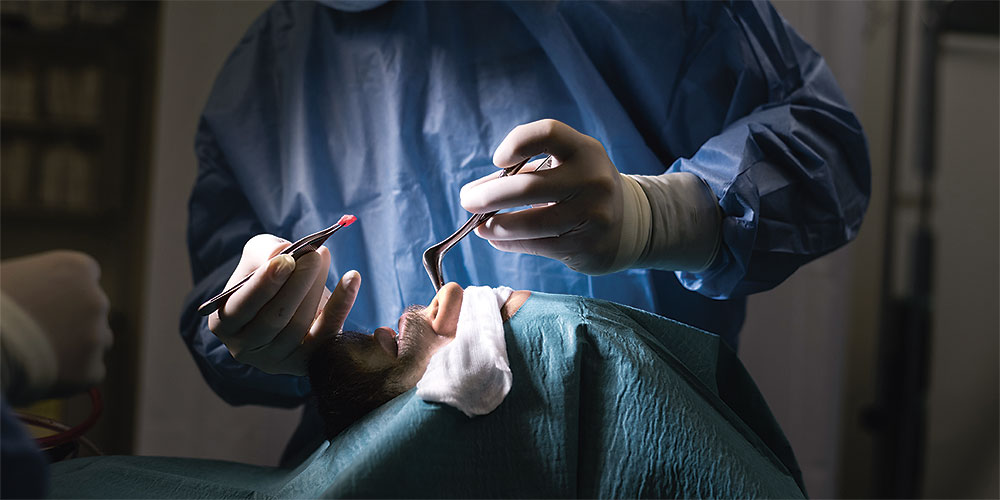 In pictures
In picturesFrom nose to knee
Text: Reto Caluori / Cartilage cells from the nose are exceptionally well suited to repairing damage in knee joints.
-
-
Research
From Erasmus to JavaScript
Text: Urs Hafner / The University of Basel is positioning itself as a national center for digital editions. In doing so, it is helping to reinvent the tradition of editing established by Erasmus of Rotterdam at the bend of the Rhine river.
-
In pictures
Shining a light on the materiality of art
Photographs can only reproduce the materiality and visual impact of a work of art to a limited extent. This is particularly true of how light is reflected off surfaces. Researchers at the Digital Humanities Lab are working on new ways to digitally capture and portray the visual properties of artworks.
-
-
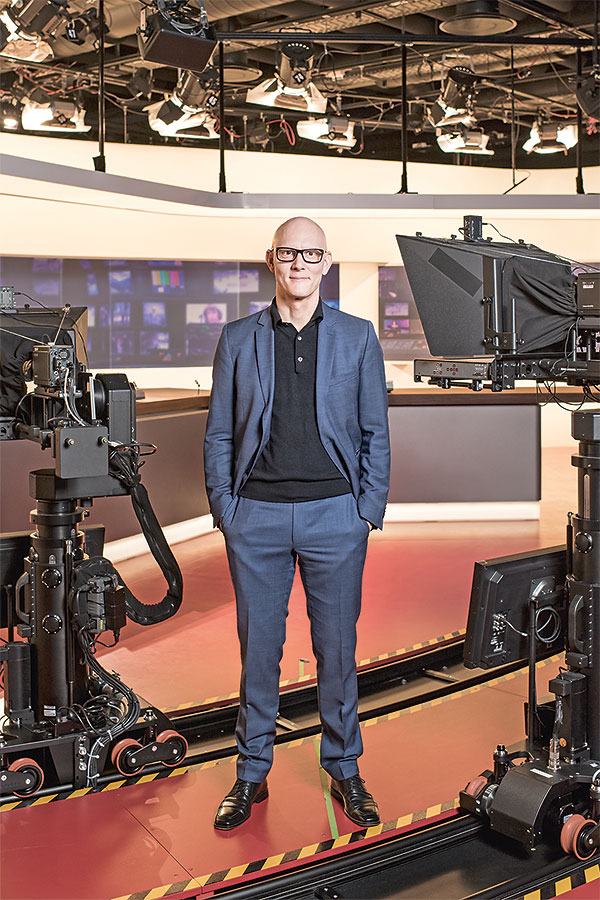 Portrait
PortraitTalking about language
Text: Sarah Schupp / Martin Luginbühl is a language enthusiast. His passion as Professor of German Studies is for applied linguistics – such as language use in the media.
-
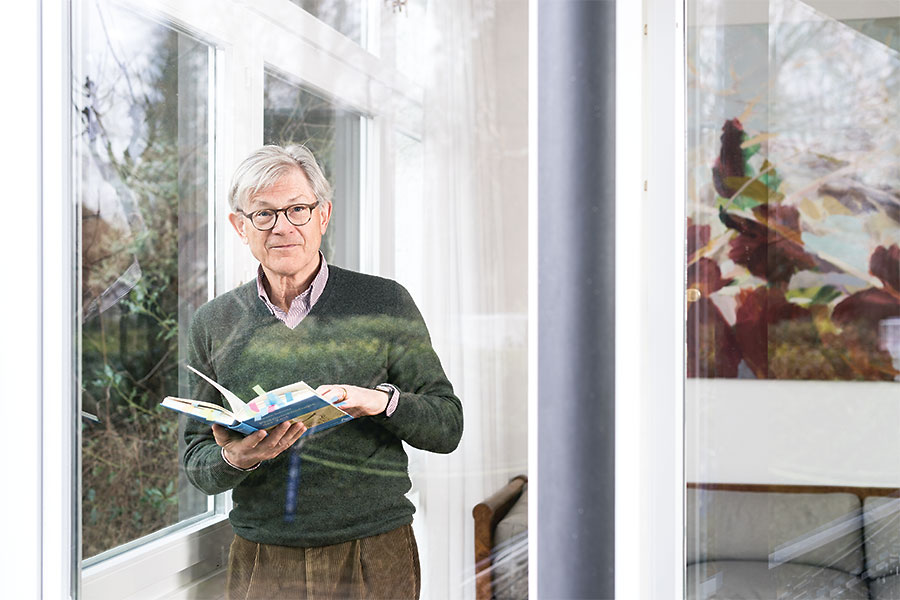 Column
ColumnHermann Schmitz’s “Phänomenologie der Zeit”
Text: Wolf Langewitz / My book: Wolf Langewitz, Professor of Medicine, recommends “Phänomenologie der Zeit” by the German Philosopher Hermann Schmitz.
-
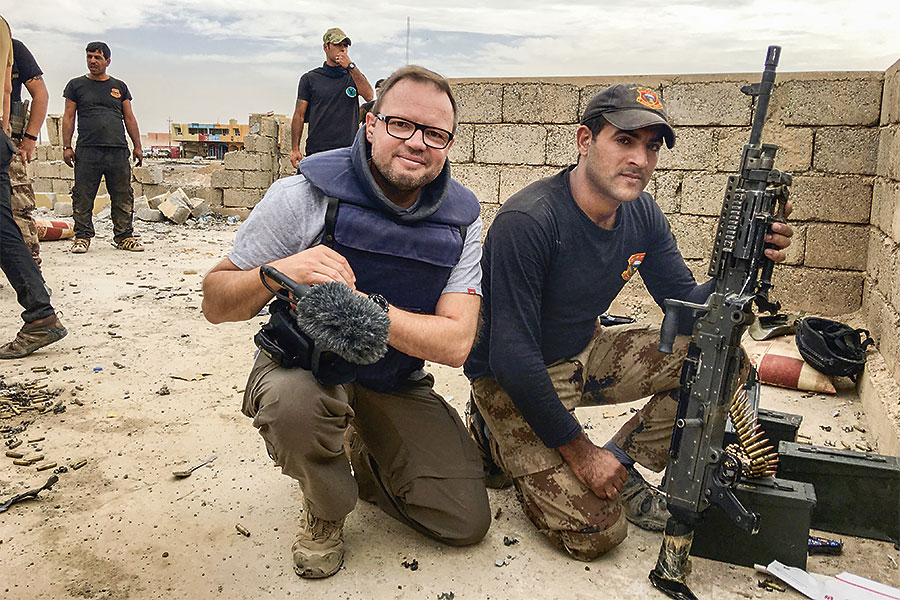 In conversation
In conversation“I had to learn how to study”
Interview: Bettina Huber / Dr. Kurt Pelda, an alumnus of the University of Basel, is a war reporter and freelance journalist. He has stayed true to the vow he made on receiving his doctorate in economics: Always to think of the pursuit of truth as a serious and noble task; to make every endeavor to achieve this aim and to carry out all activities in a responsible, conscientious and equitable manner. He has been given the 2016 Alumni Award in recognition of his commitment.
-
University
Mentor wanted – mentor found
Interview: Stefanie Hof-Seiler / Since the fall semester of 2016 the Vereinigung Basler Ökonomen (VBÖ), the alumni organization of the Faculty of Business and Economics at the University of Basel, has offered a mentoring program for students of the faculty. It is intended to facilitate the personal transfer of know-how and career planning strategies.

